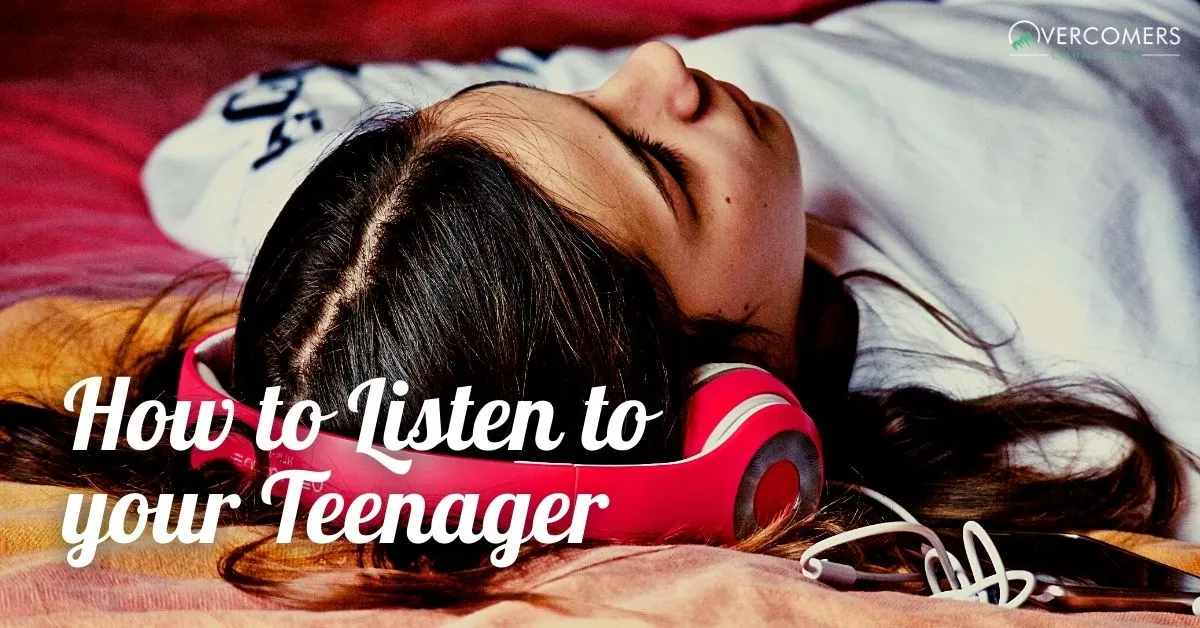

I am a Licensed Professional Counselor, and owner of Overcomers Counseling. I'm dedicated to helping individuals find strength and healing through life’s challenges. With a deep understanding of mental health and years of professional experience, I specialize in fostering hope and resilience while equipping her clients with tools to thrive. Passionate about empowering others, she creates a safe, supportive space where everyone feels seen, valued, and capable of overcoming obstacles on their path to well-being.
You can teach your child persistence by modeling the behavior yourself, encouraging them to take risks, setting goals and tracking progress, praising effort, and providing support and guidance.
